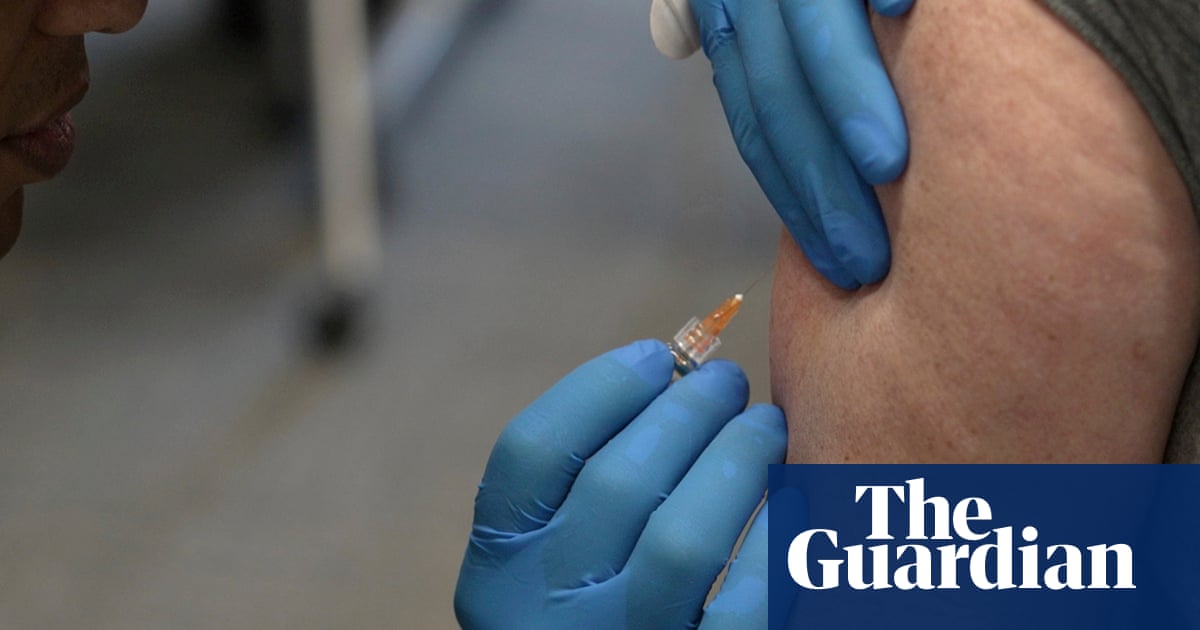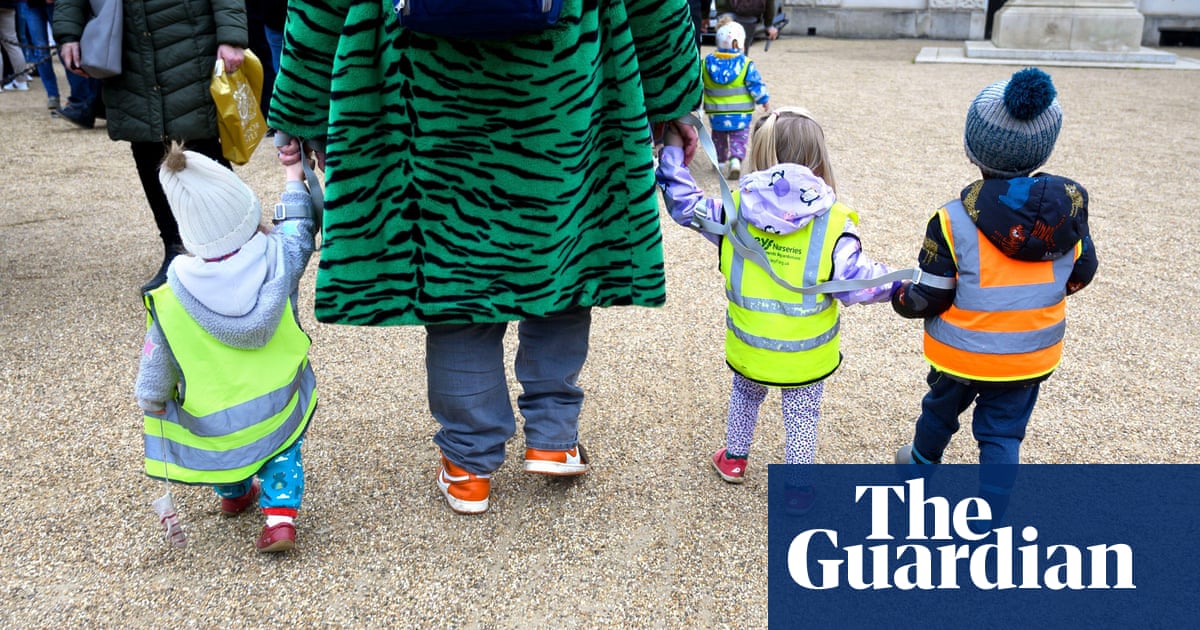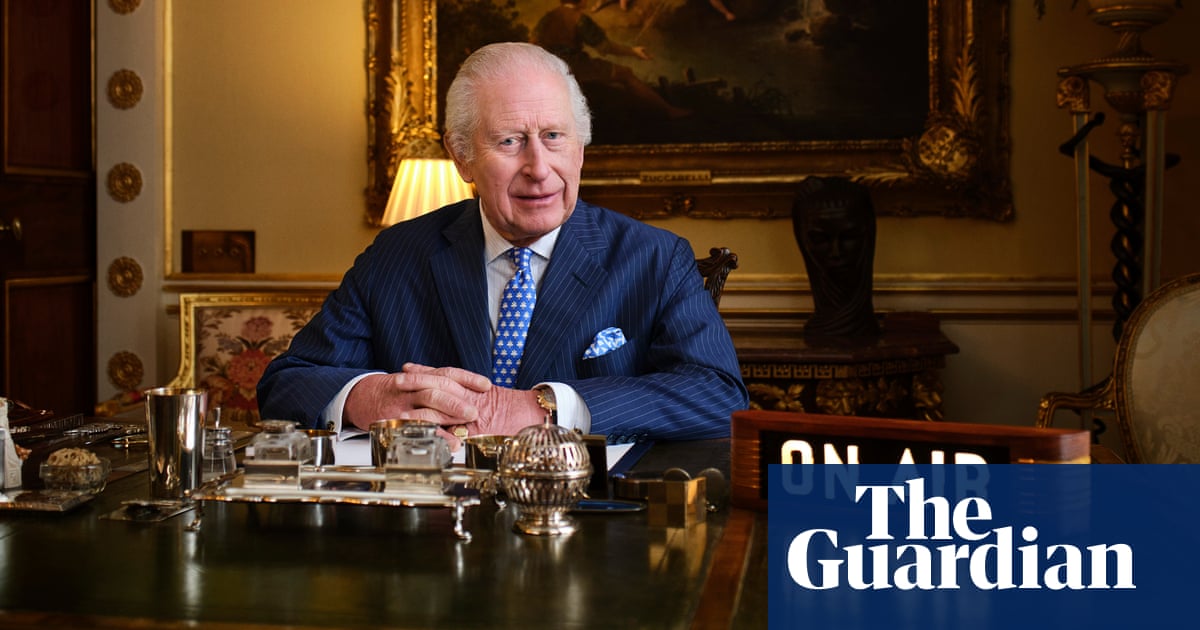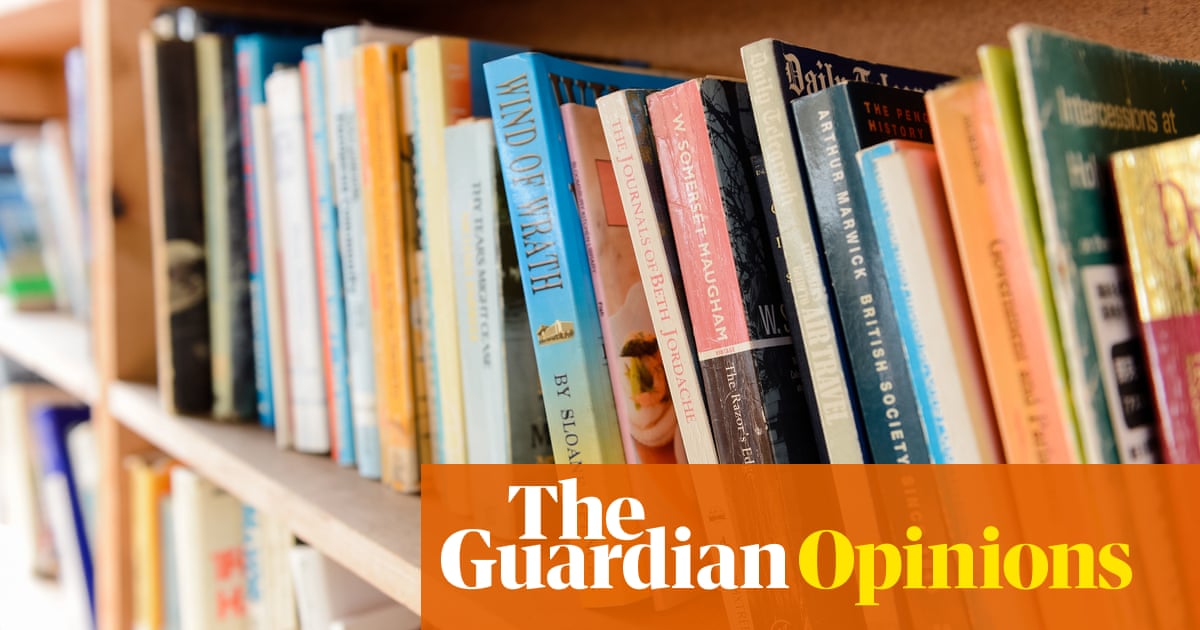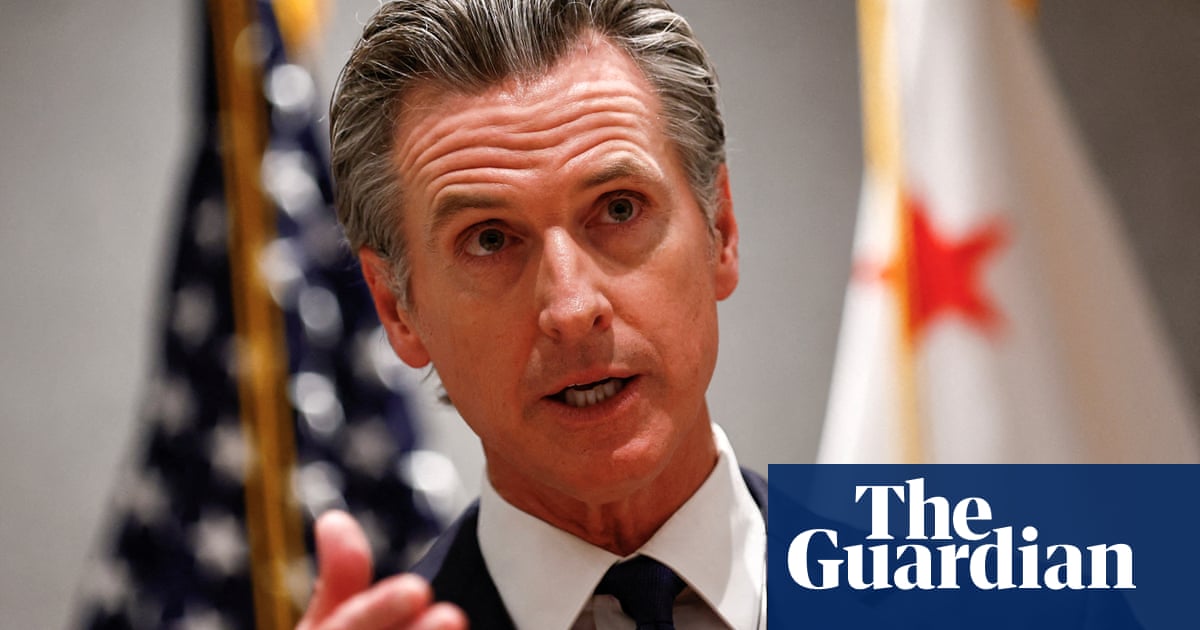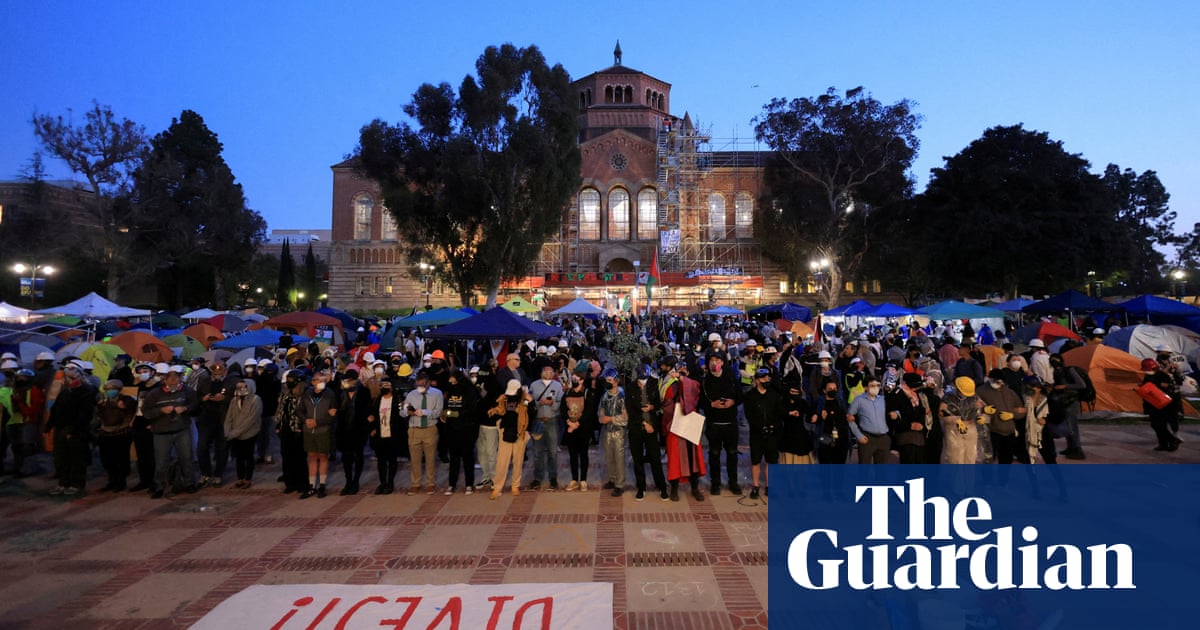Gaby Hinsliff’s article (‘I never want you around your grandchild’: the families torn apart when adult children decide to go ‘no contact’, 9 November) was a hard read, but a very welcome one given the increasing frequency of estrangement between parents and adult children. As parents who have been estranged for three years from our daughter, we too can testify to the sheer pain and sense of bereavement which occurs when estrangement happens out of the blue, and which is rightly highlighted in the article.
Like others, we have followed the psychologist Joshua Coleman’s excellent guidance and observations very carefully in an attempt to try to come to terms with this horrible experience, and welcome the fact that he highlights the role of therapists. There are many excellent professional therapists out there. However, it is our belief that our daughter’s therapist succeeded at a stroke in bringing about the destruction of a previously loving and constant family relationship. This has also included our young grandchildren, who now must be heartbreakingly confused at the sudden loss of their grandparents from their lives.
It is very timely, then, that calls are being made to better regulate those “clumsy” therapists who can unleash so much trauma and grief. For the sake of our children and society as a whole, we should be seeking better familial relationships, not sowing the seeds of division.
Name and address supplied
I would like to thank Gaby Hinsliff for bringing this painful and taboo subject to public awareness. It is the first time that I have seen such an in-depth feature on estrangement published in a quality national newspaper. As a psychotherapist and estranged mother myself, I see many rejected parents who have to live with the emotional and psychological devastation of having been cut off from an adult child. It is experienced as a never-ending living bereavement.
Although I realise that Gaby had to present both sides of the story, most of the rejected parents who come to see me for counselling have been loving and dedicated parents whose children grew up in an atmosphere of love and kindness, with no abuse whatsoever. They certainly did their best and would have been termed “good enough” by the paediatrician and child psychotherapist Donald Winnicott. I would like to have seen a greater understanding in this article of the suffering caused to parents and families as a result of this cruel behaviour. Please publish more articles about this subject and please interview more parents in order to understand their heartache. But it’s certainly a good start.
Alexis Pfeiffer
London
Do we read newspapers for pleasure or for pain? Two articles in your Saturday magazine by Gaby Hinsliff and Lucille Howe (My husband became a conspiracy theorist. Would our marriage survive?, 9 November) tested my resolve. Not only has our son told us several times that he does not want to speak to us, but when he is in touch he has often regaled us with the most bizarre conspiracy theories, from Covid and vaccine denial to claims that we never landed on the moon. We seem to get hit by both articles. Looking back, however, we have never seen eye to eye on many issues, from drug use to politics.
I’m the first to admit that the breakup of our marriage when he was two was my fault, and despite us discussing this many tearful times he periodically resorts to cutting us off as he is still tormented by abandonment issues. The latest breakup, following the traumatic death of his dog, resulted in a short, insulting telephone call, a long, insulting text, and finally an even more insulting email ending with “Goodbye, Dad”.
Meanwhile, we are still suffering and maybe always will. Who said parenting would be an easy job? The one positive of the two articles was that we are not alone. Others, too, are called narcissists and suffer from their son’s verbal abuse.
It’s no consolation, of course, as we are both in our 70s and spend many hours discussing the issues. We would both rather have him back, even if he walks in with a Maga hat on his head.
Name and address supplied

.png) 3 months ago
27
3 months ago
27



